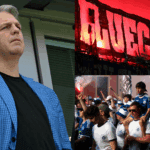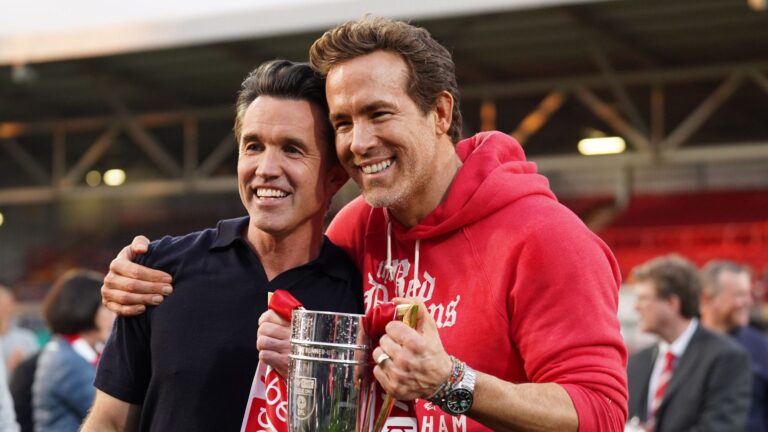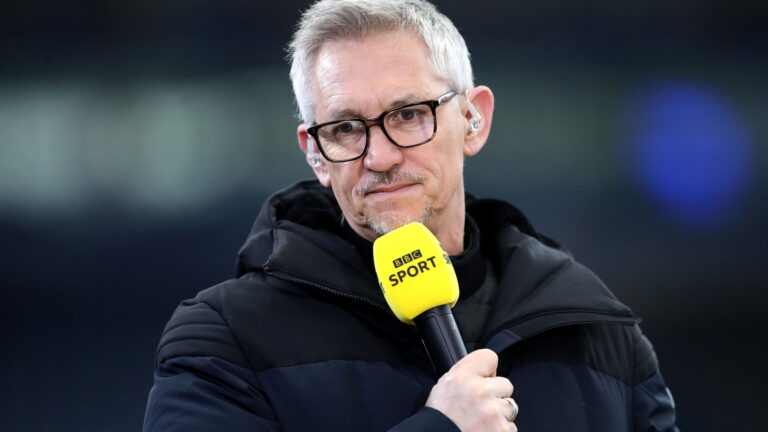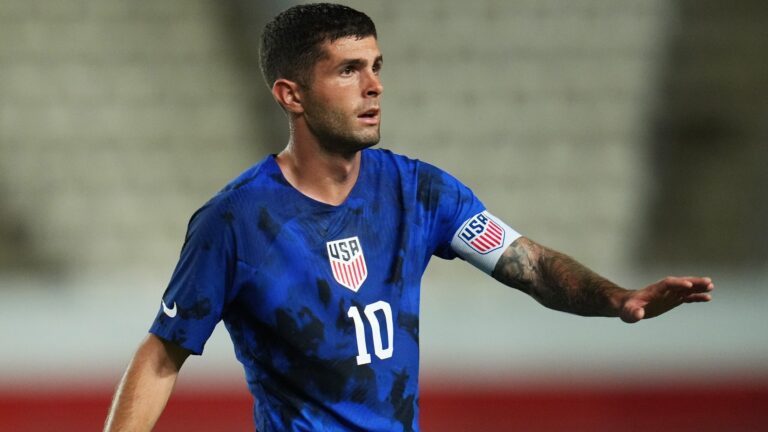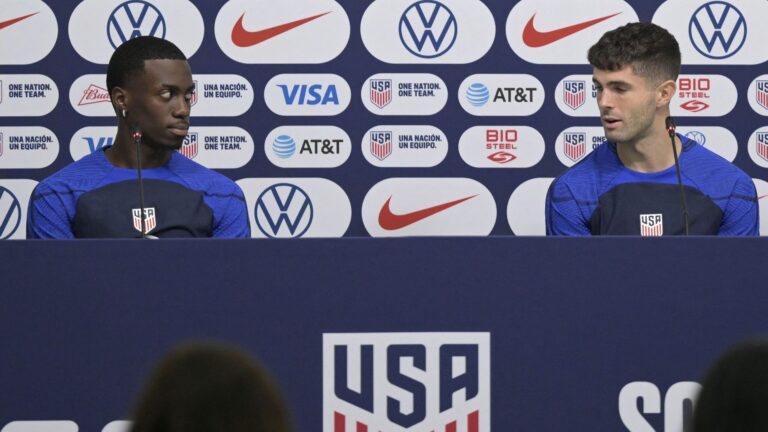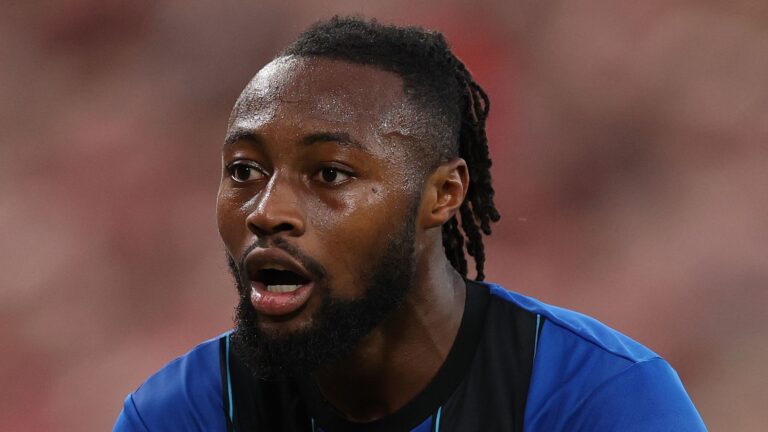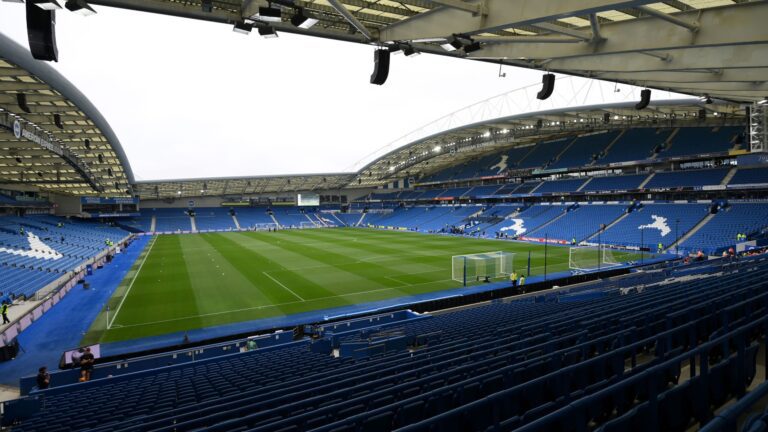- BlueCo owns the dominant share in Strasbourg
- Supporters express strong dissatisfaction with the arrangement
- They released a furious declaration as the season began



Strasbourg Ultras Escalate Battle Against Chelsea’s Grip for True Club Autonomy
In a bold stand against external control, Strasbourg ultras are voicing their outrage over Chelsea‘s owners tightening their influence, a conflict that highlights growing concerns in modern football governance. Since the 2023 acquisition of a controlling interest in the Ligue 1 team by BlueCo, tensions have simmered, with several Chelsea players like Mamadou Sarr, Kendry Paez, and Mike Penders joining on loan deals. This setup, while boosting squad depth, has fueled arguments about lost club identity amid the Premier League giant’s dominance.
Hostility Persists Despite On-Field Successes
Even with Strasbourg achieving a solid seventh position last season-earning a spot in Europa League competitions-resentment from parts of the fanbase lingers. The club has seen substantial investments during the summer transfer period, yet this hasn’t quelled the unrest. For instance, in 2025, reports indicate Strasbourg’s spending reached new heights, outpacing previous years by over 20%, but dedicated groups like Ultra Boys 90 remain vocal in their protests, drawing parallels to how global corporations overtake local businesses.
The Ultra Boys 90’s Firm Statement on Ownership Issues
The Ultra Boys 90 recently published a declaration emphasizing their core grievances: “The recent player acquisitions starkly demonstrate that Racing no longer operates based on its own priorities. Instead, it’s evident that Chelsea is dictating terms, eroding our club’s self-governance to an extreme degree.” They further critique the multi-club model as a hazardous approach that reduces storied teams to mere assets in a worldwide network, urging lawmakers to intervene swiftly against such practices.
This perspective underscores a deeper philosophical shift, likening the situation to corporations franchising out unique brands, where traditional clubs lose their essence. The group champions a vision of football rooted in community passion and heritage, rejecting the commercialization that treats teams like standardized chains. Although recent performances have been promising, they warn against being sidetracked by temporary victories, as the broader threat to authentic football traditions persists into 2025.
Advocates for this model argue that such arrangements, now common across Europe with similar ownership structures in multiple leagues, risk homogenizing the sport. Ultra Boys 90 pledge to keep challenging these encroachments, positioning their efforts as a defense of football’s soul amid rising globalized trends.
Ongoing Protests and Future Actions
In addition, the Ultra Boys 90 have announced they will maintain a 15-minute silence at Meinau Stadium for matches “until further developments,” symbolizing their unwavering commitment. This tactic, mirroring fan movements in other clubs facing ownership disputes-like those in Serie A where supporters staged walkouts-aims to spotlight the gradual erosion of club independence, ensuring the conversation evolves beyond the pitch.
The Backlash from Strasbourg Supporters
Strasbourg supporters have been vocal in their criticism of Chelsea owners, particularly Todd Boehly and the Clearlake Capital group, amid growing concerns over club autonomy in multi-club ownership models. This issue highlights the tensions in modern football, where fan loyalty clashes with business decisions that could compromise a club’s independence. Keywords like “club autonomy concerns” and “Chelsea owners backlash” have been trending as fans worry about how ownership structures might influence team decisions, player transfers, and overall club identity.
Background of the Issue
The roots of this backlash stem from Chelsea’s acquisition of Strasbourg through BlueCo, the investment arm of Chelsea’s owners. Since the takeover in 2023, supporters of Racing Club de Strasbourg Alsace (RC Strasbourg) have expressed fears that their club is being treated as a feeder team or a secondary asset, rather than a standalone entity with its own heritage. This is a common worry in football circles, where multi-club ownership can lead to decisions prioritizing the parent club’s interests over local traditions.
Fans have pointed to instances where player loans and transfers between Chelsea and Strasbourg seem to favor the English side, potentially undermining Strasbourg’s competitive edge in Ligue 1. For instance, the movement of young talents like Angelo Gabriel has fueled debates about whether Strasbourg is losing its autonomy to serve Chelsea’s ambitions in the Premier League. This situation echoes broader club autonomy concerns across European football, where regulatory bodies like UEFA are scrutinizing ownership models to protect the sport’s integrity.
Reasons Behind the Backlash
Several key factors are driving the discontent among Strasbourg supporters. First, there’s a deep-seated fear of “asset stripping,” where valuable players or resources are funneled to Chelsea, leaving Strasbourg with diminished prospects. Supporters argue that this erodes the club’s soul and its connection to the local community in Alsace, France.
Another major issue is the lack of transparency from Chelsea owners regarding decision-making processes. Fans feel sidelined, with little input on matters that directly affect their club. This has led to protests and social media campaigns using hashtags like “#SaveStrasbourgAutonomy” to rally support. In a conversational sense, it’s like when a family business gets bought out by a big corporation-suddenly, the heart of what made it special feels at risk.
Moreover, regulatory hurdles play a role. UEFA’s rules on multi-club ownership aim to prevent conflicts of interest, but enforcement can be tricky. Critics of Chelsea’s approach worry that these rules aren’t being upheld stringently enough, amplifying club autonomy concerns and sparking backlash not just from fans, but also from football experts.
Impact on Club Autonomy and Fan Engagement
The fallout from this situation is affecting fan engagement in tangible ways. Strasbourg supporters are organizing boycotts of matches and merchandise, which could impact the club’s revenue and atmosphere. This isn’t just about one club; it’s a wake-up call for all football stakeholders on how ownership decisions can ripple through the sport.
In terms of benefits, maintaining club autonomy can lead to stronger community ties and long-term success. For example, clubs like Ajax Amsterdam have thrived by preserving their independent youth systems, which foster local talent and fan loyalty. On the flip side, practical tips for owners include fostering open communication with fan groups through regular town halls or online forums to address autonomy worries head-on.
Case Studies of Similar Ownership Conflicts
Looking at case studies provides valuable insights into how these issues play out. Take the example of Manchester City‘s ownership by the City Football Group, which also controls clubs like New York City FC. While this model has brought resources, it raised similar club autonomy concerns among fans who felt their team’s identity was being diluted. Another case is Red Bull’s ownership of RB Leipzig, where rebranding and aggressive commercialization led to widespread protests, ultimately forcing compromises on autonomy.
These examples show that when ownership models overlook local sentiments, backlash can escalate quickly. In Strasbourg’s case, the parallels are clear, offering lessons on balancing global ambitions with grassroots appeal.
First-Hand Experiences from Fans
Drawing from fan accounts shared on platforms like Reddit and Twitter, one Strasbourg supporter described the frustration: “It’s like watching your favorite local band get signed to a major label and lose their sound. We’re proud of our history, and seeing Chelsea call the shots feels wrong.” This first-hand experience underscores the emotional toll, with fans reporting decreased attendance and a sense of alienation.
On a positive note, some fans have turned this into activism, forming groups to petition UEFA for stricter guidelines. Practical tips for supporters include documenting concerns through petitions or engaging with media to amplify their voices, which could pressure owners to prioritize club autonomy.
Practical Tips for Navigating Ownership Challenges
For fans and club administrators dealing with similar issues, here are some actionable strategies:
- Advocate for Transparency: Push for regular updates on ownership decisions to build trust and reduce backlash.
- Leverage Fan Forums: Use online communities to share experiences and organize peacefully, focusing on constructive dialogue.
- Monitor Regulations: Stay informed about UEFA and FIFA rules on multi-club ownership to hold owners accountable.
- Build Alliances: Collaborate with other fan groups facing club autonomy concerns to create a united front.
- Focus on Local Initiatives: Encourage owners to invest in community programs that reinforce the club’s identity and autonomy.
By addressing these concerns proactively, clubs can mitigate backlash and foster a more harmonious environment. This approach not only helps in SEO terms by targeting keywords like “club autonomy concerns” but also ensures the long-term health of football’s fan base. With ongoing discussions around Chelsea’s influence, the path forward will likely shape how multi-club models evolve in the future.

